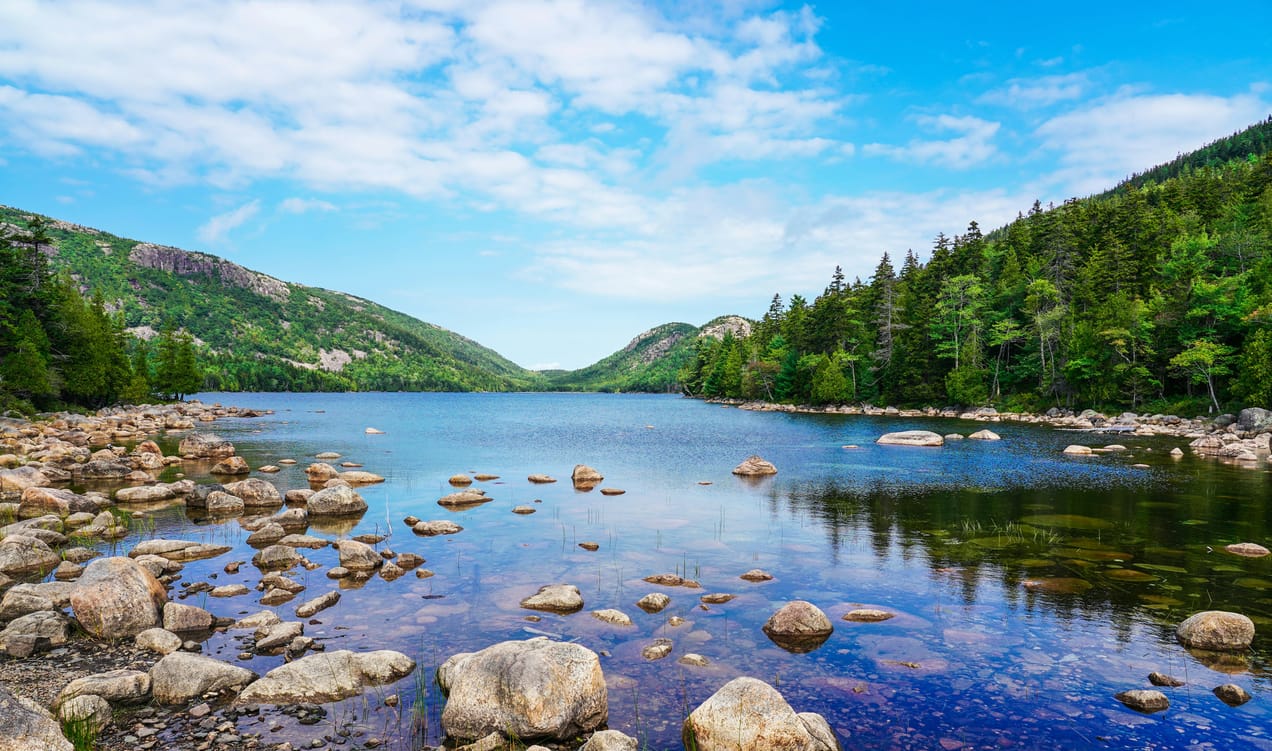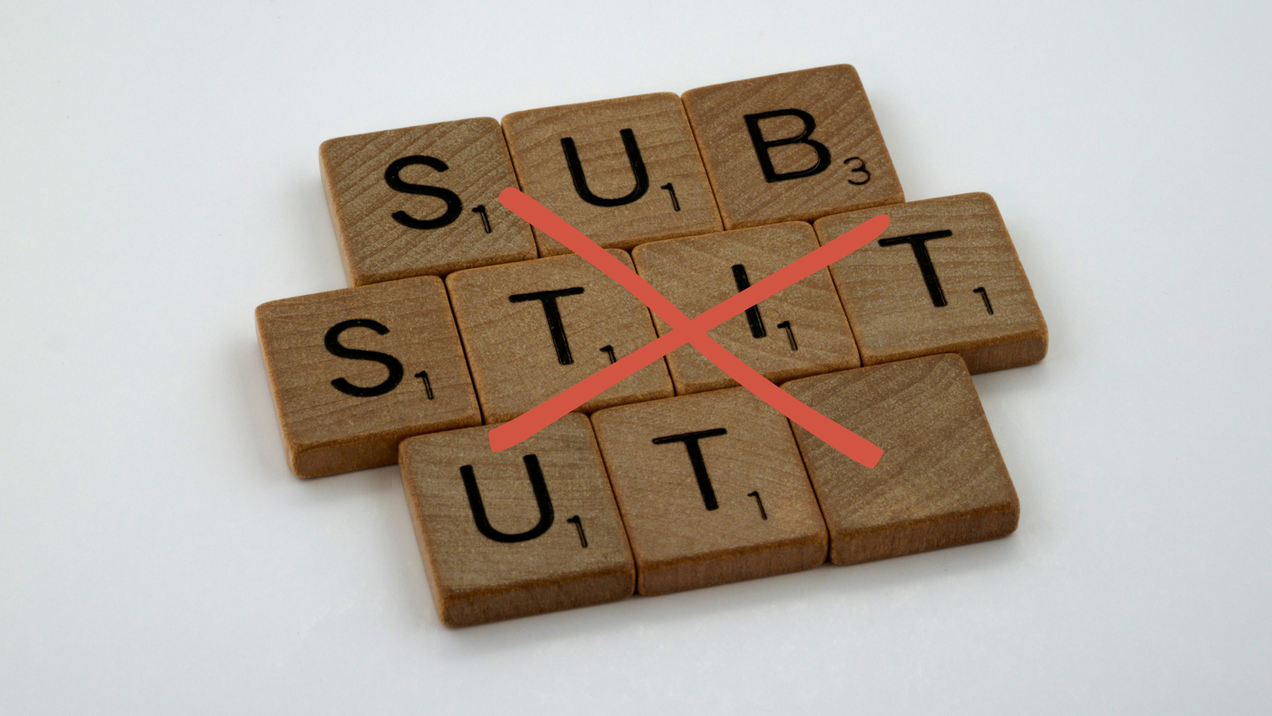Thematic Thoughts
Real world sustainability linked changes and what they might mean for companies and investors
Legal opinion - no surprise, directors do need to consider nature related risks
The Commonwealth Climate and Law Initiative, together with Pollination, commissioned a legal opinion from a team of corporate and financial law barristers on the duties of UK company directors and the need to consider and assess nature related risks. For regular readers of our blogs, it will come as no
Thinking differently about energy: it's not like-for-like
Michael Liebreich published part 2 of his series of essays titled "Net Zero Will Be Harder Than You Think – And Easier!" Last September we discussed part 1 in which Michael focused on the challenges in transitioning to net zero (the 'harder' bit) 👉🏾 https://www.thesustainableinvestor.org.
The dawn of the industrial heat pump age?
There has been a lot of coverage (including from us) on the development of heat pump technologies for home heating. And it's not impossible to see residential heat pumps overtaking gas fired boilers in say the next decade. One approach that might accelerate this is heat as a
Fertiliser is going green. Or is it?
About 80% of ammonia produced is used to make fertiliser. In terms of direct emissions, it is almost 2x as emissions intensive as crude steel production and 4x that of cement at approximately 2.4 t CO2 per tonne of production. In this blog back in March 2023, we discussed
The combined burden of underweight and obesity has risen in most countries
In 2022, over a billion people globally were living with obesity with 160 million of them aged 5-19. A study published in The Lancet used data from 3663 population-based studies that measured the height and weight in representative samples of the general population between 1990 and 2022. There were 222
Obesity increasing, green fertiliser (or not), and the dawn of an industrial heat pump age ?
Obesity increasing, green fertiliser (or not), and the dawn of an industrial heat pump age ?
A more sustainable shift to EVs
The shift to electric vehicles (EVs) is an essential element in our efforts to decarbonise transport. But just building more EVs is only part of the answer. How the vehicles are manufactured is also important. For many a ‘clean car’ is about more than just what powers the engine. It
The implications for sustainability of falling gas prices
Energy Source (from the FT - so behind the paywall) recently highlighted just how much gas prices have fallen in many regions around the world. As they say, the Russian invasion of the Ukraine triggered disarray in the energy markets. And one consequence was a massive spike in gas prices.
Scaling up access to electric cooking services in Tanzania
According to the IEA, 2.3 billion people or nearly one third of the global population cook their meals over open fires or basic cook stoves. The fuels used are typically firewood, agricultural waste, charcoal, coal, kerosene and even animal dung. All of these emit harmful smoke, often in enclosed
Scaling access to cleaner stoves; lower gas prices and sustainability; more sustainable shift to EVs
Scaling up access to electric cooking services in Tanzania According to the IEA, 2.3 billion people or nearly one third of the global population cook their meals over open fires or basic cook stoves. The fuels used are typically firewood, agricultural waste, charcoal, coal, kerosene and even animal dung.
The limits of sequestration
Farmland, and in particular its soil, has the potential to store large amounts of carbon to varying degrees depending on the type of land. The 3,378 hectare Jigsaw Farms, comprising lush pastures, gum tree plantations, wildlife corridors and wetlands about near the town of Hamilton in Victoria Australia made
Can better governance improve stock valuations?
For listed companies, there are a number of choices that a board and executive management can make to increase the valuation of the shares in the company. One example is choosing where to list. In my career I have seen many non-US companies running for US stock market listings in











